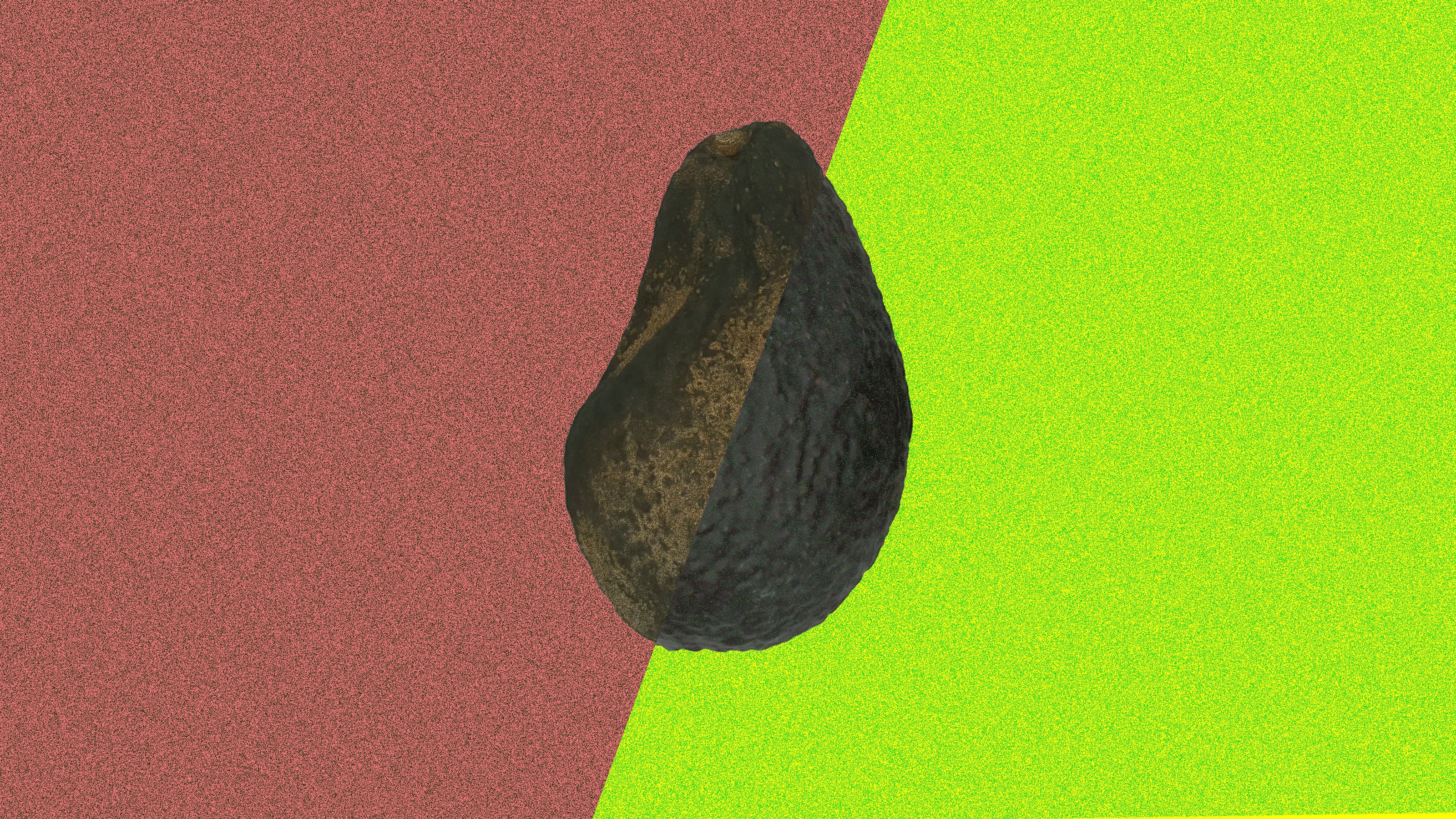A “second skin” for fruit and veg could make them last twice as long

About one third of all the food we produce every year never makes it to the dinner table. That’s about 1.3 billion tons of produce in the trash, worth about $1 trillion.
One major reason is our tendency to throw away fruit and vegetables that look past their best. California-based company Apeel thinks it has a fix: an edible, flavorless coating that can make them last two or three times as long.
The thin coating is made from the pulp, peels, and seeds of other fruit and vegetables. These are turned into powder, which gets mixed with water and then applied to produce by spraying, dipping, or brushing. It's then left to dry. This “second skin” acts like a barrier, slowing down loss of water and exposure to air, the main factors that lead to food spoiling. A lemon that might stay fresh for one month could stay fresh for two or more once it’s been treated with Apeel. And because it’s just made from fruits and other plants, it’s also edible.
In the US, Apeel has already treated 8 million avocados, according to founder and CEO James Rogers. In pilots, retailers and suppliers managed to cut food waste by more than 50% thanks to the coating, the company claims. It has already raised $110 million from investors, including the Bill and Melinda Gates Foundation, and is now about to launch in Europe.
“We haven’t needed to educate the retailers about it [food waste]—they’ve known about it for well over a decade,” Rogers says. Apeel-treated avocados are due to arrive in some stores in Germany, Belgium, Denmark, Sweden, and Norway by mid-year, subject to approval from the European Union, he says. Other fruits are likely to come soon, although Apeel would not be drawn on which ones or when.
The biggest challenge for Apeel may be getting producers, retailers, and consumers to accept eating something that has been treated in this way, predicts Danielle Nierenberg, president of the think tank Food Tank. Consumers can be fussy when it comes to innovations related to food—such as genetic modification, for example. But if this hurdle can be overcome, she thinks, Apeel will help consumers feel more confident about buying fruits and vegetables, knowing they are less likely to go to waste. “It stops the problem from happening in the first place,” she says.
Rogers is confident that the coating’s familiar ingredients will help to convince people. Produce treated with it will declare so on the packaging. “We’re working with the natural world, not against it,” he says.
Deep Dive
Biotechnology and health
How scientists traced a mysterious covid case back to six toilets
When wastewater surveillance turns into a hunt for a single infected individual, the ethics get tricky.
An AI-driven “factory of drugs” claims to have hit a big milestone
Insilico is part of a wave of companies betting on AI as the "next amazing revolution" in biology
The quest to legitimize longevity medicine
Longevity clinics offer a mix of services that largely cater to the wealthy. Now there’s a push to establish their work as a credible medical field.
There is a new most expensive drug in the world. Price tag: $4.25 million
But will the latest gene therapy suffer the curse of the costliest drug?
Stay connected
Get the latest updates from
MIT Technology Review
Discover special offers, top stories, upcoming events, and more.